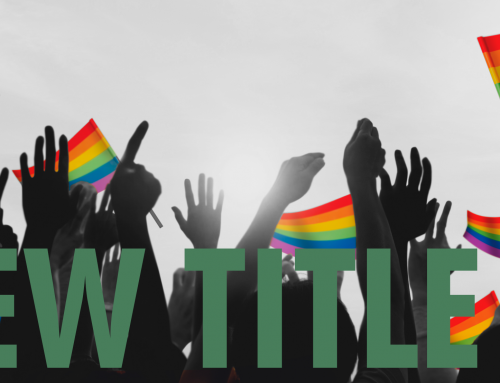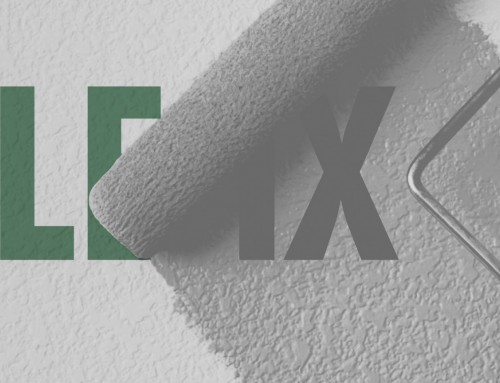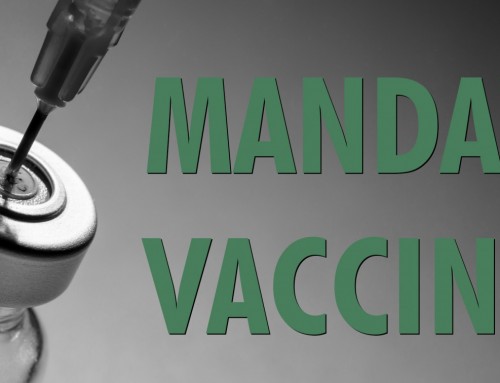Mahanoy Area School District v. B. L.
The issues presented in this case pertain to the free speech rights of public school children and public schools’ ability to regulate off-campus and online speech that causes a disruption of the school’s mission or constitutes bullying or threats.
This case pertains to Brandi Levy, a public school student at Mahanoy Area High School in Mahanoy City, Pennsylvania, who posted a profanity-laced picture on social media. As a result, she was suspended from the cheerleading team for one year, despite being off-campus when she posted the picture. The United States Court of Appeals for the Third Circuit held in favor of Levy, relying on the Supreme Court opinion in Tinker v. Des Moines Independent Community School District. In Tinker, the Supreme Court held that students “do not shed their constitutional rights to freedom of speech or expression even at the school house gate.”
Here, the Supreme Court held that (1) Levy’s posts appeared outside of school hours, (2) she did not identify the school in her posts, (3) she did not target any member of the school community with vulgar or abusive language, and (4) she transmitted her speech through a personal cellphone solely to her private Snapchat friends. Therefore, the Supreme Court held that there was not cause for the school to restrict her First Amendment right of free speech.
However, the Supreme Court narrowed the applicability of this decision. The Third Circuit ruled that the school could not interfere with off-campus speech, but the Supreme Court narrowed this by ruling that schools can regulate off-campus speech under certain circumstances. Circumstances that may implicate a school’s regulatory interests include serious or severe bullying or harassment targeting particular individuals; threats aimed at teachers or other students; the failure to follow rules concerning lessons, the writing of papers, the use of computers, or participation in other online school activities; and breaches of school security devices. Because Levy spoke outside the school on her own time, the school’s interest in teaching good manners and punishing the use of vulgar language is considerably weakened.
This Supreme Court ruling is impactful because it is drawing a line between what off-campus speech schools can and cannot regulate. Although that line is not clear at this point, the fact that the Supreme Court has now ruled that posting on social media may not be within a school district’s regulatory power means that new cases arising in the future will likely be circumstantial.
The Supreme Court did not establish a ban on regulating student speech outside of school. Rather, it set out factors that courts should weigh depending on the circumstances of that particular case. One important factor set out by the Supreme Court is whether parents are better suited to handle the situation than school administrators.
Therefore, the Supreme Court’s ruling was not as precedential and impactful as it potentially could have been. The Supreme Court’s decision maintained the precedent from prior cases, but did not expand the analysis to deal with questions related to the applicability of extracurricular codes of conduct and whether students can waive their first amendment right to join a voluntary activity. As the cases in Texas demonstrate, students do not have a Constitutional right to engage in extracurricular activities, rather, it is a privilege. However, the interplay of the no Constitutional right to participate and the new Supreme Court decision are not clear at this time, but likely the status quo has been maintained.
The court ultimately ruled in favor of Levy because she spoke outside of school hours from an off-campus location, and her actions did not meet any of the special circumstances that would allow a school to restrict her speech such as cyberbullying.
This article should not be construed as legal advice related to any specific facts or circumstances. Although this article covers legal subjects, it is intended to educate readers and not to provide advice that will be the basis for action or inaction in any specific circumstance. Viewing these materials does not create an attorney-client relationship between Abernathy, Roeder, Boyd & Hullett, P.C. and the reader or the reader’s institution. For circumstance-specific legal advice, please directly contact a licensed attorney.







Leave A Comment